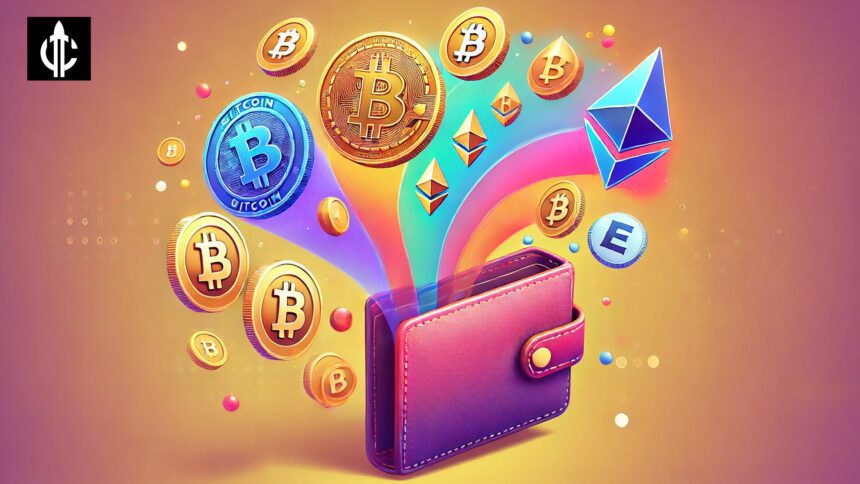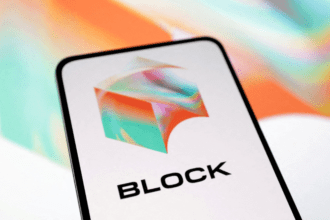Having a trustworthy and safe bitcoin wallet to hold your digital assets is crucial as the world of cryptocurrencies expands. Selecting the appropriate wallet might be difficult, even for seasoned traders and novice investors, but it doesn’t have to be. We’ll cover all you need to know about the top wallets for cryptocurrency beginners in 2024 in this article. Both hot and cold wallets will be covered, along with their functions and potential suitability for you.
What is a Crypto Wallet?
It’s critical to comprehend what a cryptocurrency wallet is before delving into the top wallets. The private keys required to access your cryptocurrency are kept in a crypto wallet. The cryptocurrency itself is not kept in these wallets, rather function as a portal to your blockchain assets. Wallets come in two primary varieties:
- Hot Wallets: These wallets have a constant internet connection. Although they are slightly more susceptible to hacking, they are more convenient for frequent usage.
- Cold Wallets: These wallets are considerably safer to keep for an extended period of time because they are not online. They are less practical for everyday transactions, though.
Why You Need a Crypto Wallet
To protect your possessions, you’ll need a wallet if you’re serious about cryptocurrencies. With cryptocurrency wallets, you can manage your virtual currency. You know the expression, “Not your keys, not your coins.” You do not really own your assets if you do not have a wallet that gives you access to your private keys.
Top Best Crypto Wallets for Beginners in 2024
Here’s a detailed look at some of the best crypto wallets in 2024, divided into hot wallets and cold wallets to make your decision easier.
Best Hot Wallets for Beginners
For people who are new to cryptocurrencies, hot wallets are ideal. They are simple to use on desktop and mobile devices and offer quick access to your files.
1. Coinbase Wallet
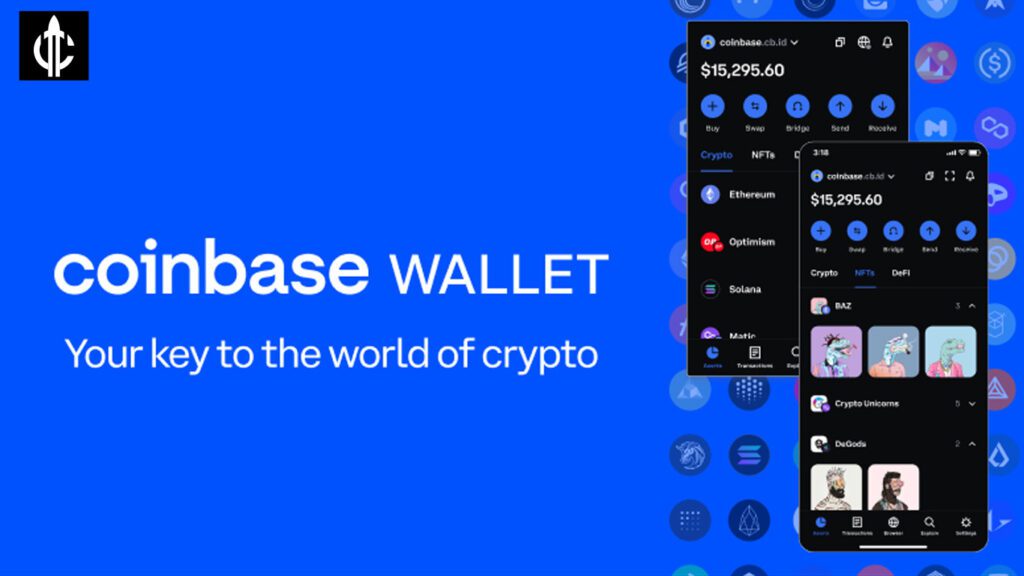

Coinbase Wallet is renowned for its user-friendly layout for beginners. You can keep a variety of cryptocurrencies and NFTs in it. It’s ideal for beginners as it supports hundreds of thousands of cryptocurrency assets.
- Pros: Simple to use and compatible with the well-known Coinbase exchange.
- Cons: Because it’s constantly online, it may be susceptible to hackers.
2. MetaMask
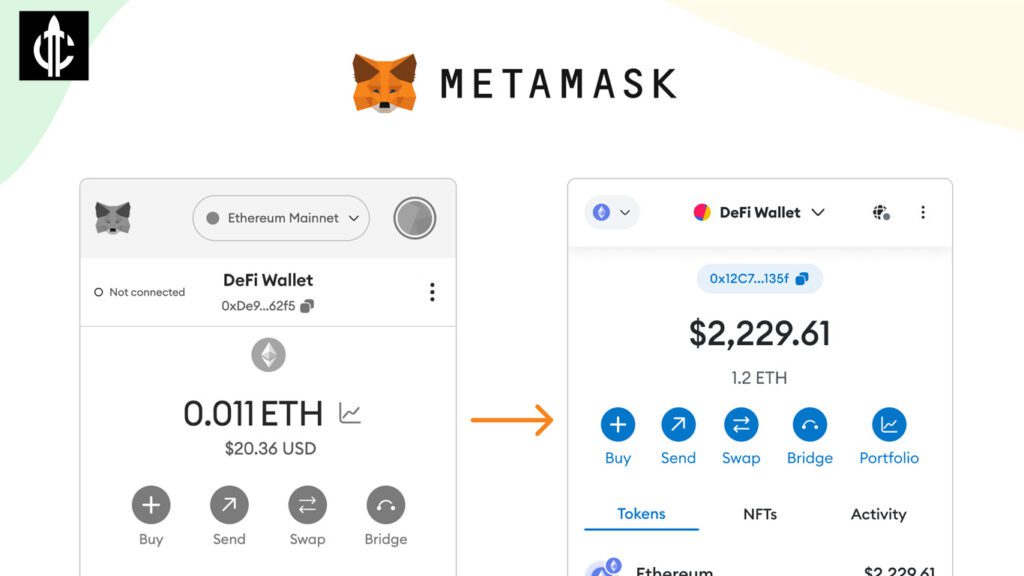

One of the most widely used wallets for Ethereum and tokens based on Ethereum is MetaMask. It’s easy to use because it’s accessible as a mobile app and browser extension.
- Pros: Excellent for communicating with NFTs and dApps.
- Cons: Expensive fees for Ethereum transactions, lacks direct support for Bitcoin.
3. Trust Wallet
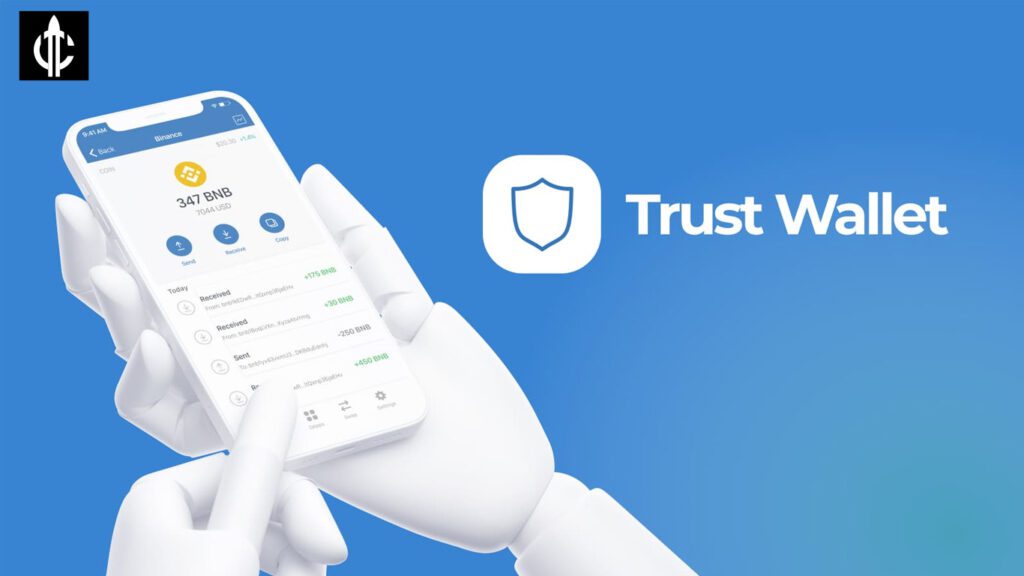

Trust Wallet is one of the most feature-rich hot wallets available, supporting millions of tokens across over 100 blockchains. Additionally, it comes with an integrated dApp browser that makes it simple to explore decentralized finance networks.
- Pros: Accepts a variety of NFTs and cryptos.
- Cons: In 2023, there were security flaws.
4. Crypto.com DeFi Wallet
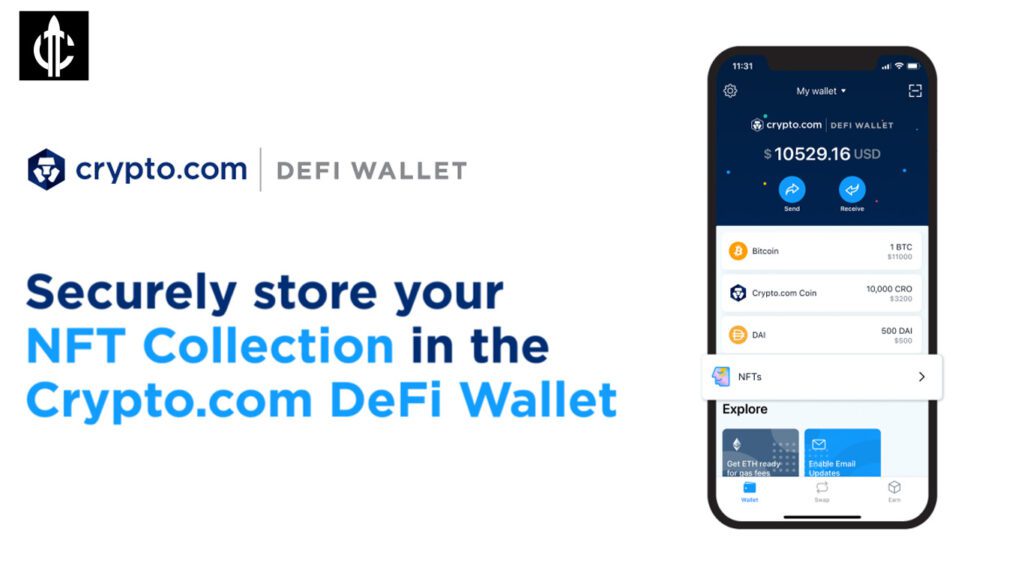

If you want more control over your assets, the Crypto.com DeFi Wallet is a great option. You can access decentralized finance (DeFi) tools, stake your crypto, and earn passive income directly from the app.
- Pros: Over 700 crypto assets are supported, making it great for DeFi fans.
- Cons: When exchanging tokens, there are certain geo-restrictions.
5. Exodus
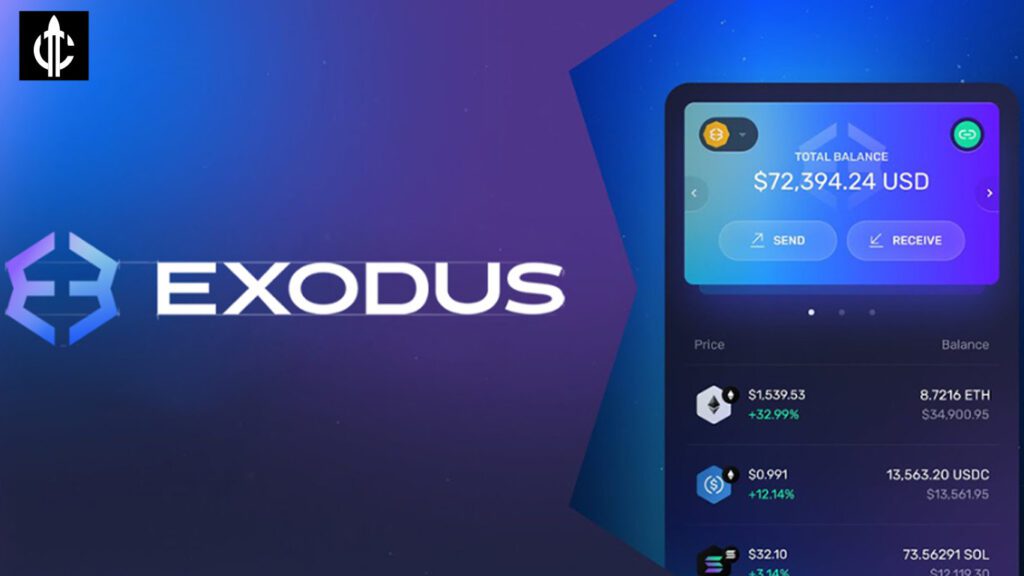

Exodus supports more than 100,000 cryptocurrency assets and has a stylish interface. Users may quickly exchange tokens within the app thanks to its integrated exchange feature.
- Pros: Easy to use interface that connects to Trezor hardware wallets.
- Cons: When switching within the wallet, there are high transaction costs.
6. Zengo MPC Wallet
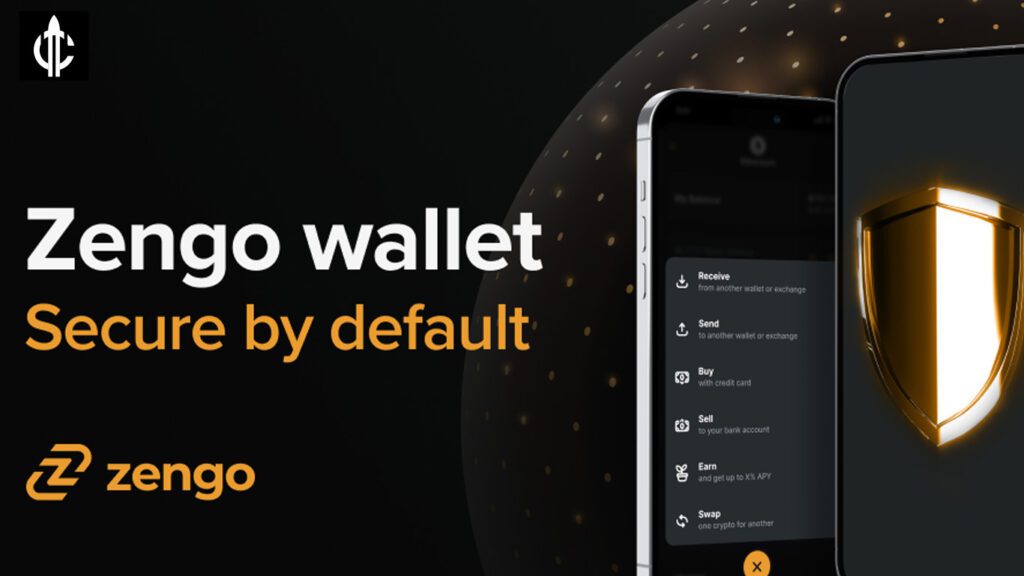

Zengo is commended for being easy to set up and safe. By utilizing MPC (Multi-Party Computation) technology, a private key is not required. This makes it extremely harder for hackers to access your assets.
- Pros: Easy to use interface; no need for a private key.
- Cons: Higher fees for crypto swaps.
7. BitPay
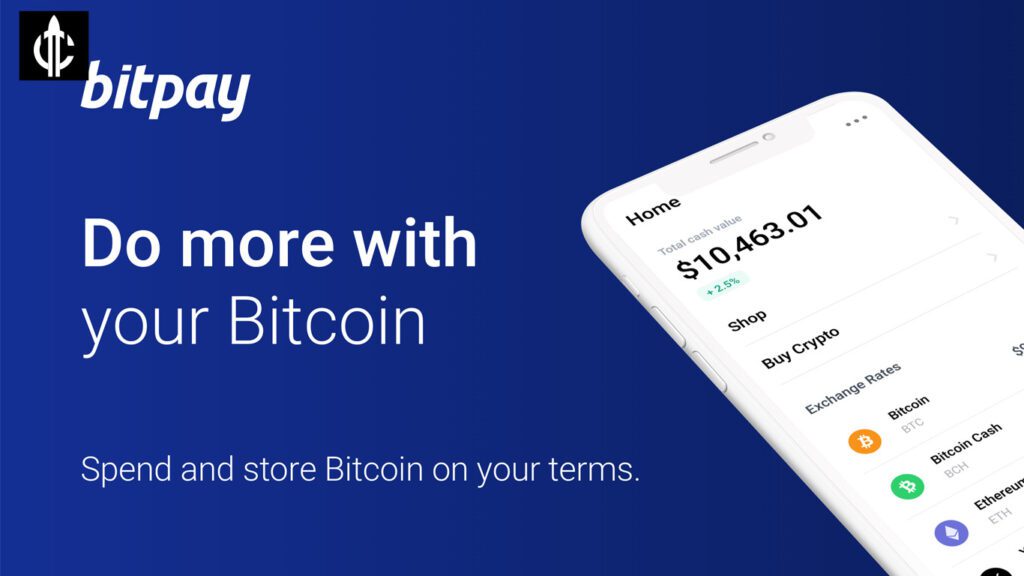

Another wallet that’s great for beginners is BitPay. A Visa debit card, which enables customers to spend their bitcoin anyplace Visa is accepted, is one of its special features.
- Pros: Supports multi-signature wallets and comes with a Visa card for spending cryptocurrency.
- Cons: Limited coin support compared to others.
Best Cold Wallets for Beginners
The safest method for holding significant quantities of cryptocurrency over time is to use cold wallets. They are safe from hackers since they are not linked to the internet.
1. Ledger Nano S Plus
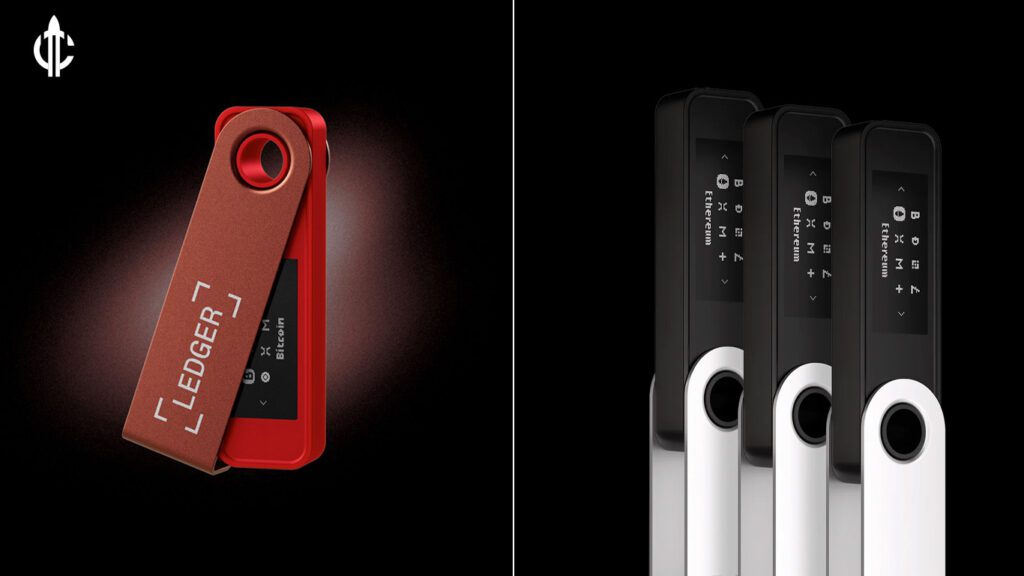

For novices, the Ledger Nano S Plus is an excellent cold wallet. It has robust security features like two-factor authentication and supports more than 1,600 assets. It’s also one of the rare cold wallets that has received national security agency certification.
- Pros: Excellent security and Ledger Live compatibility for simple maintenance.
- Cons: Costs about $79, requires a USB connection to a computer.
2. SafePal
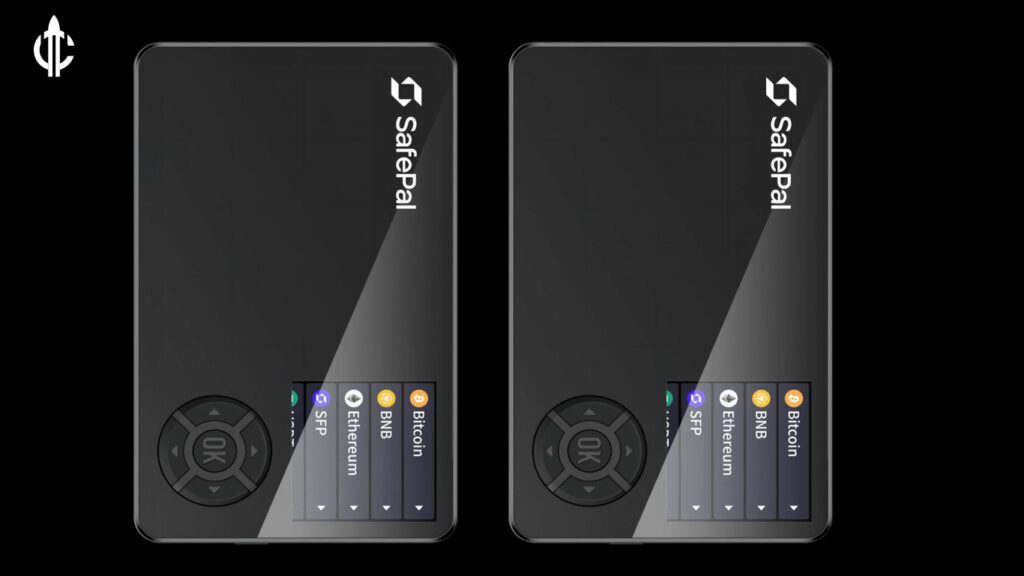
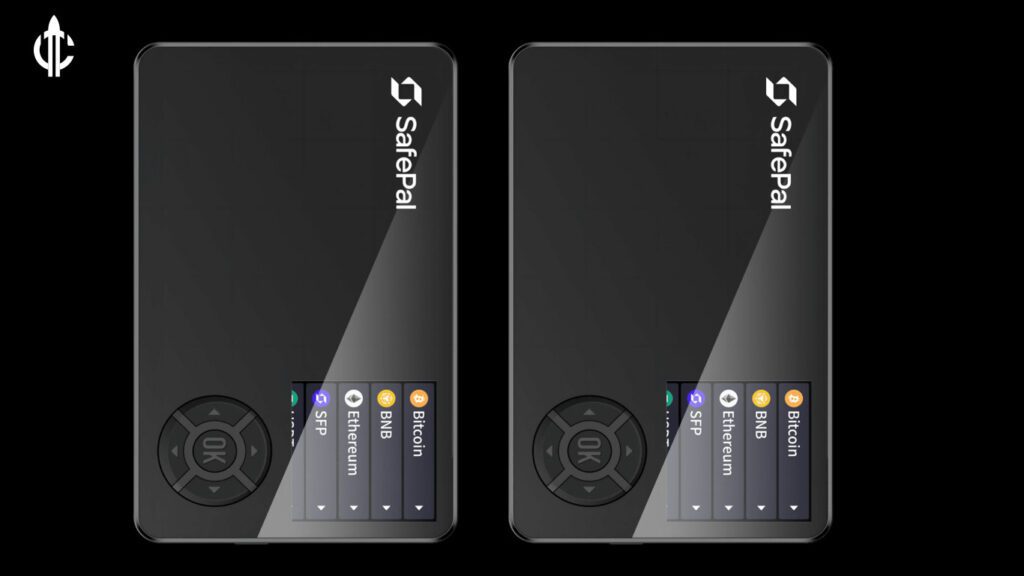
SafePal provides hardware and software wallets. Its cold wallet option supports over 10,000 assets from several blockchains and has strong security features.
- Pros: Supports many coins, affordable at around $49.
- Cons: Limited battery life.
3. Ellipal Titan
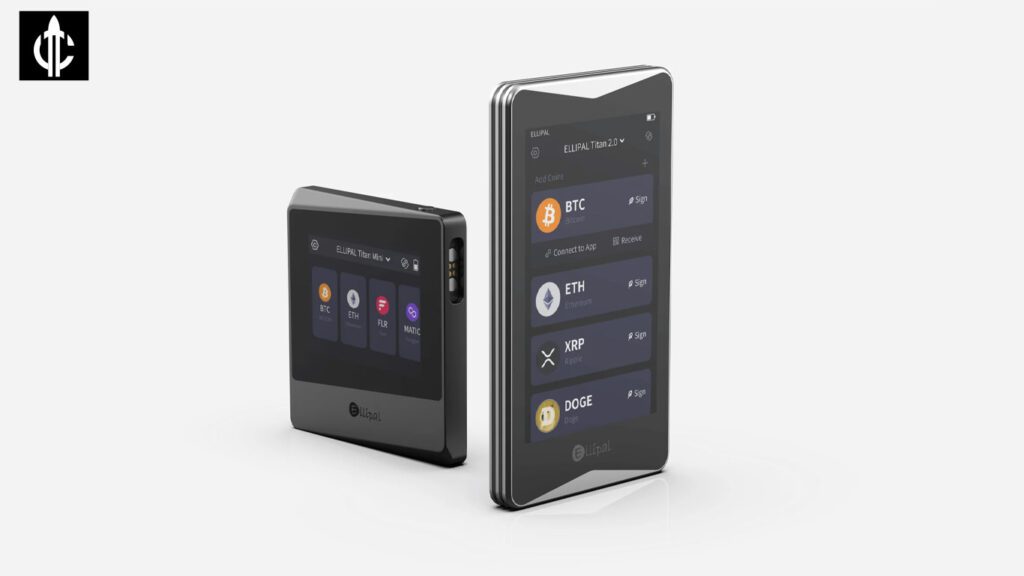

Ellipal Titan is known for its air-gapped security, meaning it never connects to the internet. It’s more expensive than others, but its QR-code system makes it easy to transfer crypto without using Bluetooth or Wi-Fi.
- Pros: Excellent security, supports over 10,000 tokens.
- Cons: Costs more than $100.
How to Choose the Right Wallet for You
You should think about your needs while choosing a cryptocurrency wallet:
- How often will you trade? If you’re trading frequently, a hot wallet might be better since it offers quick access to your crypto.
- What crypto do you hold? Some wallets only support specific types of coins. Make sure your wallet supports the crypto you want to store.
- How much security do you need? If you’re holding large amounts of crypto, consider a cold wallet for added protection. For daily use, a hot wallet may be more convenient.
- What features do you want? Do you need access to DeFi apps, staking, or NFTs? Choose a wallet that provides these features.
How to Set Up a Crypto Wallet
Setting up a crypto wallet is generally easy and only takes a few steps:
- Download the wallet from the official website or app store.
- Set up an account, and make sure to back up your seed phrase or private key.
- Add funds by transferring crypto from an exchange or another wallet.
- Start trading, sending, or storing your assets securely.
For cold wallets, you’ll need to buy the device first, install its companion app, and follow similar steps to store your crypto.
Conclusion
Whether you’re just starting off or searching for a better method to handle your digital assets, choosing the appropriate wallet is vital. While cold wallets like Ledger and SafePal provide excellent protection for long-term storage, hot wallets like Coinbase, MetaMask, and Trust Wallet are fantastic for everyday usage.
When selecting the ideal wallet, always take your needs, your level of security tolerance, and your intended usage of cryptocurrency into account. In 2024, while you traverse the fascinating world of cryptocurrencies, you can keep your funds secure and readily accessible with the correct wallet.
Join Our Telegram Free Channel for Free Crypto Singals and Charts: t.me/coinextoday




